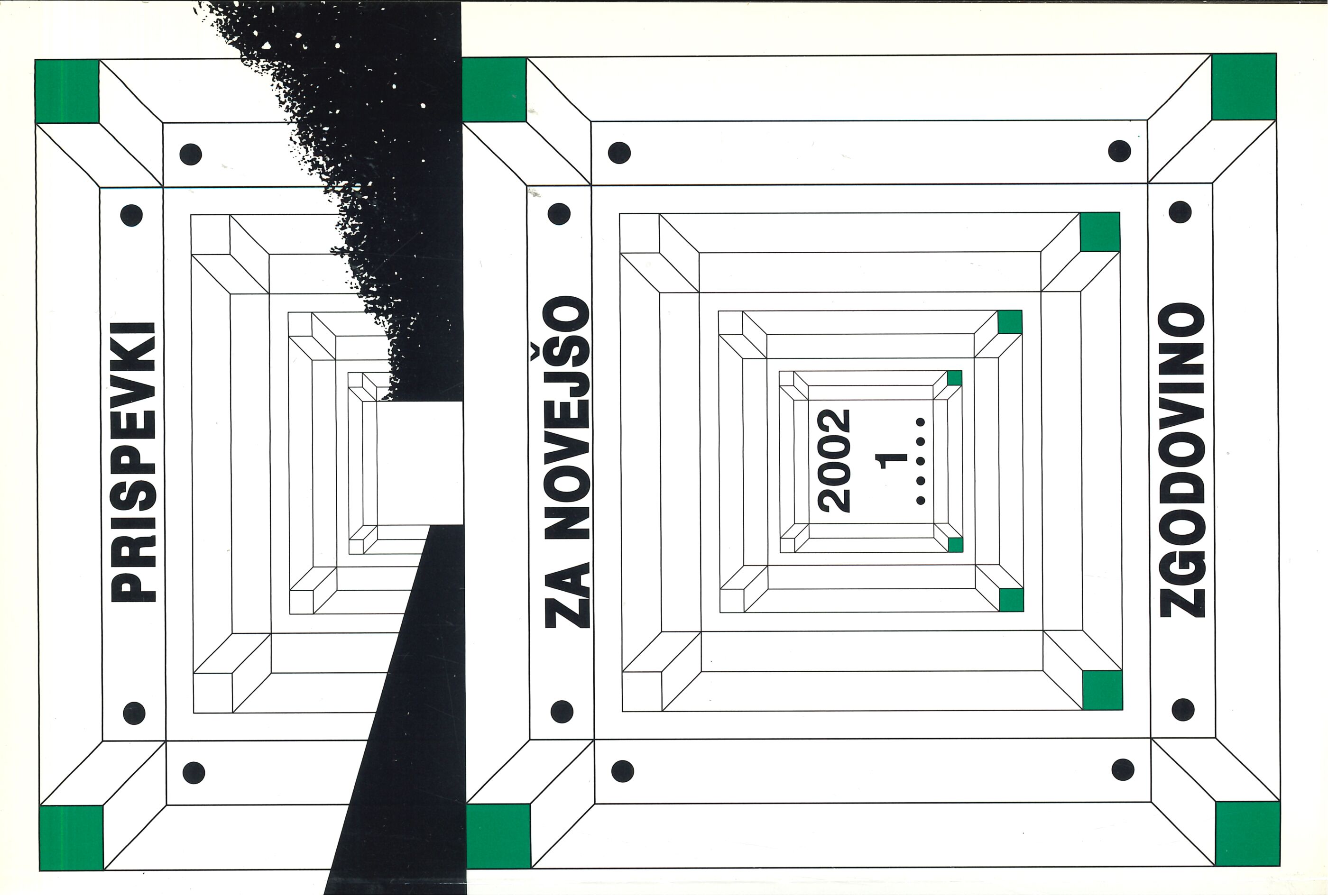The Chambers and the Associations in Slovenia 1918-1945
Keywords:
economy, economic institutions and organisations, chambers, the association of craftsmen, industrialists, merchants and financial institutionsAbstract
The author offers a clear presentation of the compulsory organizations for the protection of professional interests, which operated in Slovenia between 1918 and 1945. These interests were protected by general and special chambers as well as the associations of merchants, craftsmen, industrialists and banking institutions. The general chambers were the Chamber of Commerce, Trade and Industry, which represented the interests of employers, the Workers' Chamber which protected those of employees, and the Peasants' Chamber safeguarding the interests of the peasantry. Apart from these, there were a number of special chambers for particular activities and professions, such as engineers, pharmacists, lawyers and notaries. Membership in these chambers was subject to special regulations, while the membership in the associations of merchants and craftsmen was regulated by the law on trade. Under the occupation during the Second World War the character of these professional organizations changed, as did the nature of their work. On the German occupied territory they were either incorporated into the system of the German commercial chambers or abolished. In the Ljubljana Province they were integrated into the Fascist system under the name of the Employers' Association, together with the Provincial Workers Association and the Farmers' Association.
Downloads
Published
Issue
Section
License
Authors who publish with this journal agree to the following terms:
- Authors retain copyright and grant the journal right of first publication with the work simultaneously licensed under a Creative Commons Attribution License that allows others to share the work with an acknowledgement of the work's authorship and initial publication in this journal.
- Authors are able to enter into separate, additional contractual arrangements for the non-exclusive distribution of the journal's published version of the work (e.g., post it to an institutional repository or publish it in a book), with an acknowledgement of its initial publication in this journal.
- Authors are permitted and encouraged to post their work online (e.g., in institutional repositories or on their website) prior to and during the submission process, as it can lead to productive exchanges, as well as earlier and greater citation of published work (See The Effect of Open Access).


